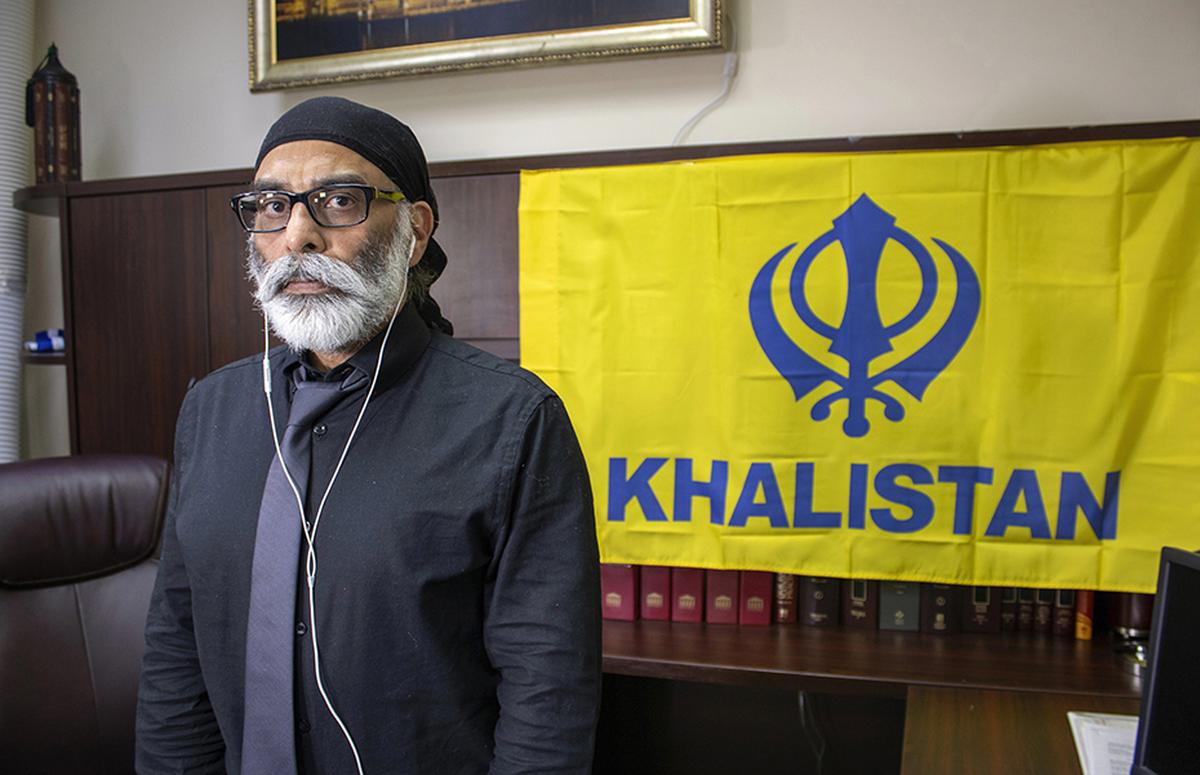Canada’s top intelligence agency, the Canadian Security Intelligence Service (CSIS), has officially acknowledged for the first time that Khalistani extremists are using Canadian soil to promote, fundraise, and plan violent activities targeting India. This confirmation lends weight to long-standing Indian concerns about anti-India elements operating freely from Canadian territory.
In its 2024 annual report, CSIS noted that “a small group of individuals are considered Khalistani extremists because they continue to use Canada as a base for the promotion, fundraising or planning of violence primarily in India.” The report distinguishes these extremists from those engaged in peaceful advocacy but emphasizes the ongoing threat posed by politically motivated violent extremism (PMVE) linked to pro-Khalistan ideologies.
The agency traced the roots of this threat to the mid-1980s, when Canada-based Khalistani extremists began using the country to advance separatist goals for an independent Khalistan in India’s Punjab state. The report also noted that such extremism continues to provoke Indian foreign interference activities in Canada, including alleged attempts to monitor or target individuals perceived as Khalistani supporters.
This revelation comes amid strained diplomatic relations between New Delhi and Ottawa, especially following the 2023 killing of Hardeep Singh Nijjar, a designated Khalistani terrorist, in British Columbia. Canadian authorities had linked the assassination to Indian government involvement—an accusation that India strongly rejected as “absurd,” instead accusing Canada of turning a blind eye to anti-India extremism.
Significantly, the release of the CSIS report coincided with a meeting between Canadian Prime Minister Mark Carney and Indian Prime Minister Narendra Modi at the G7 Summit in Alberta. Despite the diplomatic friction, both leaders agreed to restore formal ties, appoint new high commissioners, and resume stalled trade negotiations. Carney defended his outreach to Modi amid domestic criticism, citing India’s global economic influence and the necessity of constructive engagement.
The CSIS findings reinforce the urgency of addressing cross-border extremist activities and come as a vindication of India’s repeated assertions on the misuse of foreign soil to incite violence back home. While the report noted that no Khalistani extremist attacks occurred in Canada in 2024, the continued planning of violence abroad remains a serious concern for Canadian national security.
The acknowledgment marks a turning point in bilateral discussions on terrorism, foreign interference, and diaspora politics, potentially reshaping the trajectory of India–Canada relations in the months ahead.











